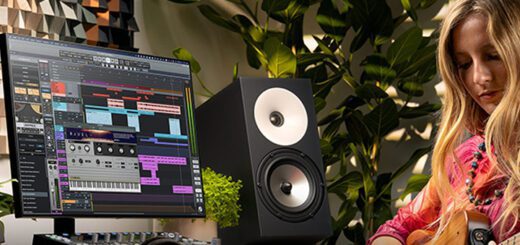Copyright of Music in the Age of AI

Through a legal maze
The rapid evolution of artificial intelligence (AI) has revolutionized various sectors, including the music industry. AI is now being used to generate music, create personalized mixes, and compose original songs. While these tools offer new creative possibilities, they also raise complex copyright questions.
The legal labyrinth surrounding music copyright in the age of AI inevitably raises these types of questions, some with answers so ambiguous that they can generate more confusion
Authorship in the AI Age: Who owns the copyright to AI-created music? Is it the AI developer, the user who provides the input, or the algorithm itself the author?
Fair Use: How does the fair use doctrine apply to AI-generated music? Is it possible to legally use AI-created music in films, videos, and other creative works?
Licensing: What types of licenses are required to use AI-created music? Are there specific licenses for AI-generated music?
Ethical Implications: What ethical implications does AI raise for the music industry? How can we ensure that AI is used responsibly and ethically?
No Human in Sight, No Copyright: If the traditional elements of authorship of your work are entirely the product of machines, copyright is a distant dream. For example, if an AI system generates a piece of music in response to a human prompt, that melody won’t jump into the world of copyright.
The lack of legal clarity surrounding the copyright of AI-generated music can create uncertainty and confusion for musicians, producers, and other stakeholders in the music industry. It is important to stay up-to-date on legal developments in this area and seek legal advice if you have any questions about your rights.
- World Intellectual Property Organization: https://www.wipo.int
Beyond the Legal Questions:
While there are already many legal challenges posed by AI-composed music, it is worth delving into some more recent and innovative aspects of this ever-evolving field:
AI as a Creative Tool:
- Human-AI Collaboration: AI is not just replacing composers; it is becoming an ally to expand their creative possibilities. Examples like Mubert (https://mubert.com/) allow musicians to generate melodic ideas, harmonic progressions, and even instrumental arrangements from their own inspiration.
- Discovery of New Sounds: Algorithms like Google AI’s Magenta Studio (https://magenta.tensorflow.org/) or Sony’s Flow Machines (https://www.flow-machines.com/?lang=en) explore unimaginable sonic territories for the human ear, generating unique timbres, textures, and musical structures.
AI for Music Accessibility:
- Personalized Composition: Tools like Compoz (https://www.compozelabs.com/) or Soundraw (https://soundraw.io/create_music) use AI to create personalized music based on the user’s mood, activity, or preferences, opening up a range of possibilities for music therapy, soundscape creation, and music education.
- Democratization of Music Creation: Platforms like Musicity (https://www.aimi.fm/) or Soundation (https://soundation.com/) allow users with no prior musical knowledge to compose, produce, and share their own pieces thanks to AI assistance.
AI and the Music Industry:
- Trend Analysis: AI is used to analyze large amounts of music data, identifying patterns, trends, and consumer preferences, which helps artists, record labels, and streaming platforms make more informed decisions about their content and strategies.
- Music Search and Recommendation: AI powers the search and recommendation algorithms of music platforms, personalizing each user’s experience and discovering new talent for wider audiences.
Ethical Considerations… Beyond the legal challenges, the rapid evolution of AI in music also raises ethical questions about intellectual property, algorithmic transparency, and the impact on the traditional music community.
In Conclusion, AI-composed music not only presents a legal challenge but opens up a world of creative possibilities, democratizes access to music creation, and transforms the music industry as a whole. However, it is crucial to address the ethical and social implications of this technological advancement to ensure responsible and beneficial development for all actors involved.






